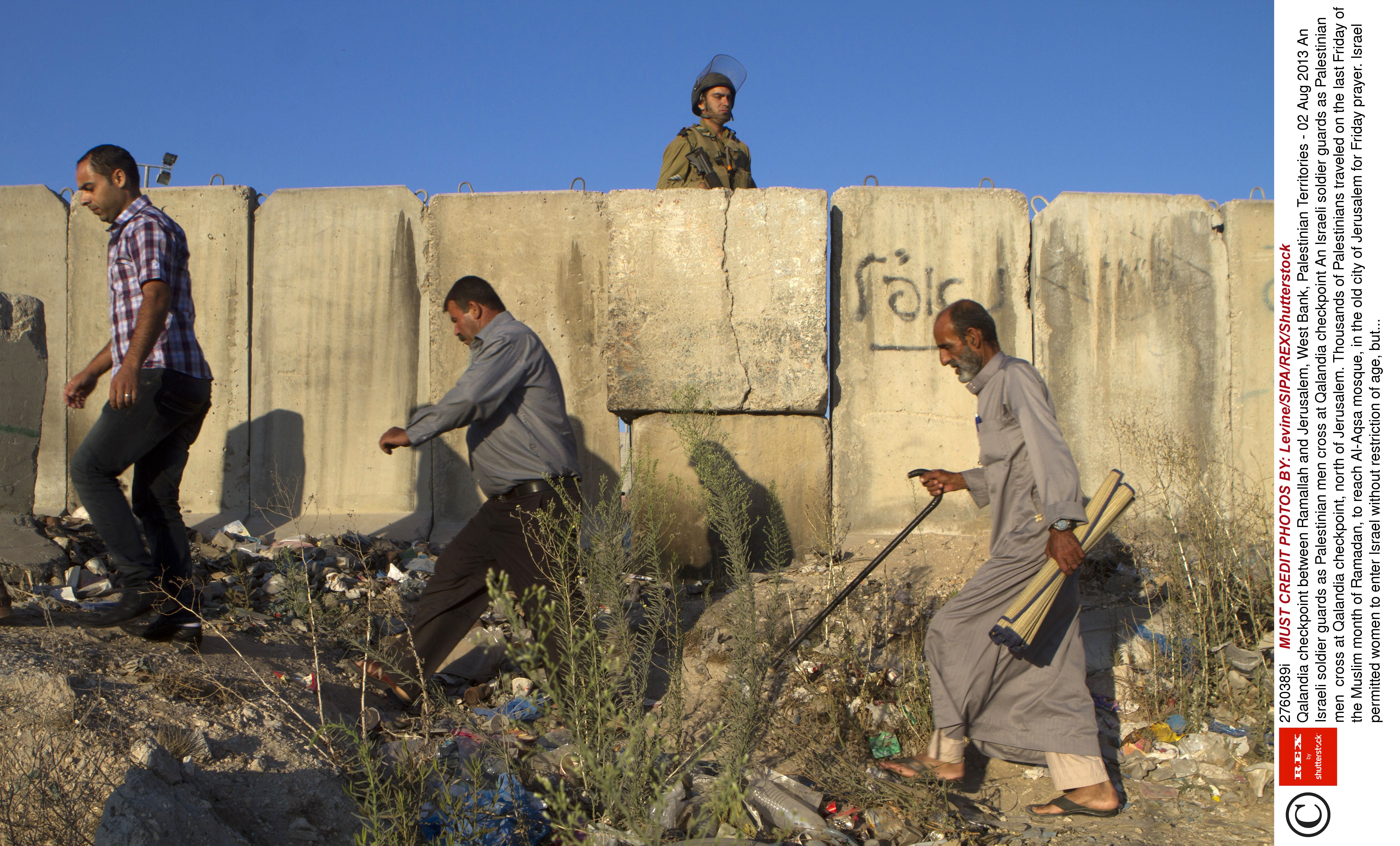Three former Kingston University students came face-to-face with masked gunmen while filming a political documentary in Palestine this summer.
The filmmaking students, who cannot be identified over fears they will not be allowed back into the country, said that filming the final scene of the documentary in which two guards arrest the main character drew a lot of attention to their house as they had to create a loud hammering on the door.
“I thought I was going to get shot – it was game over. That’s me done, khalas,” said one of the students, 22, who graduated from Kingston in 2015. Khalas is an Arabic saying meaning ‘that is it – done.’
“We wrapped for the day’s shoot. We were all inside and someone knocked really loudly on the door.
“Obviously I opened the door – there was no one there. The next thing I know, five guys with guns come out of the dark, out of nowhere, all masked up. He clicked his gun, ran right up to me and pressed it to my head. I froze the moment he put the gun to my head. I looked straight at him and didn’t panic. I was so calm. It was so weird – I accepted it as my fate.”
The student said that seeing his sister out of the corner of his eye made him think they would shoot him and go after her next.
He said: “I slapped the gun out of his hand, pushed him down the stairs and shut the door.”
One of the other students, also 22, said his first instinct was to find his passport before they hid in the toilet and called the police, who showed up two hours later. They had keys and a knife for protection.
They said that the plain-clothes police were not happy about coming as the students should not have been there.
They were told at the police station that the only reason the police came was because two of them were British.
The students had gone to Palestine to film for one of their fathers, who has been exiled by the government there for over 10 years.
One student admitted that although they had been warned about the occupation, he was fairly naïve before.
The filming was carried out in Aldahia, which used to have a population of 10,000 but is now a “ghost town” run by warlords and drug dealers after the Israeli West Bank barrier was put up.
They faced a multitude of problems as soon as they stepped off the plane at Ben Gurion airport, in Israeli town Tel Aviv-Yafo, to film the documentary on the student’s father’s arrest and the passing of the law that allowed it.
One student was interrogated for nine hours in a “holding cell” after landing.
“Straight away I knew I was going to be in there for quite some time,” said the student. “They stood right over me, it was so intimidating, but it wasn’t the first time. I knew what to expect.”
On one of the first days filming, the radio equipment they were using accidentally picked up signals from the military base nearby, which they claimed could have had them shot.
One student said: “We didn’t really think about it until then. That was quite a problem with the filming because with the sound you have background noise; drones, gunshots or helicopters storming around.”

